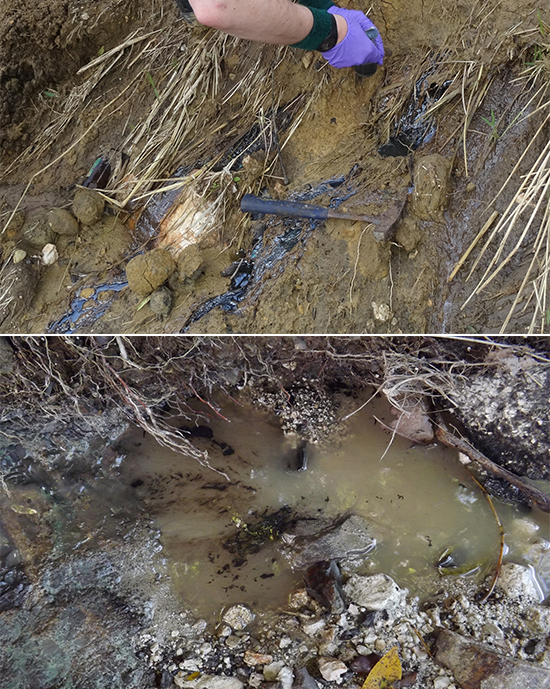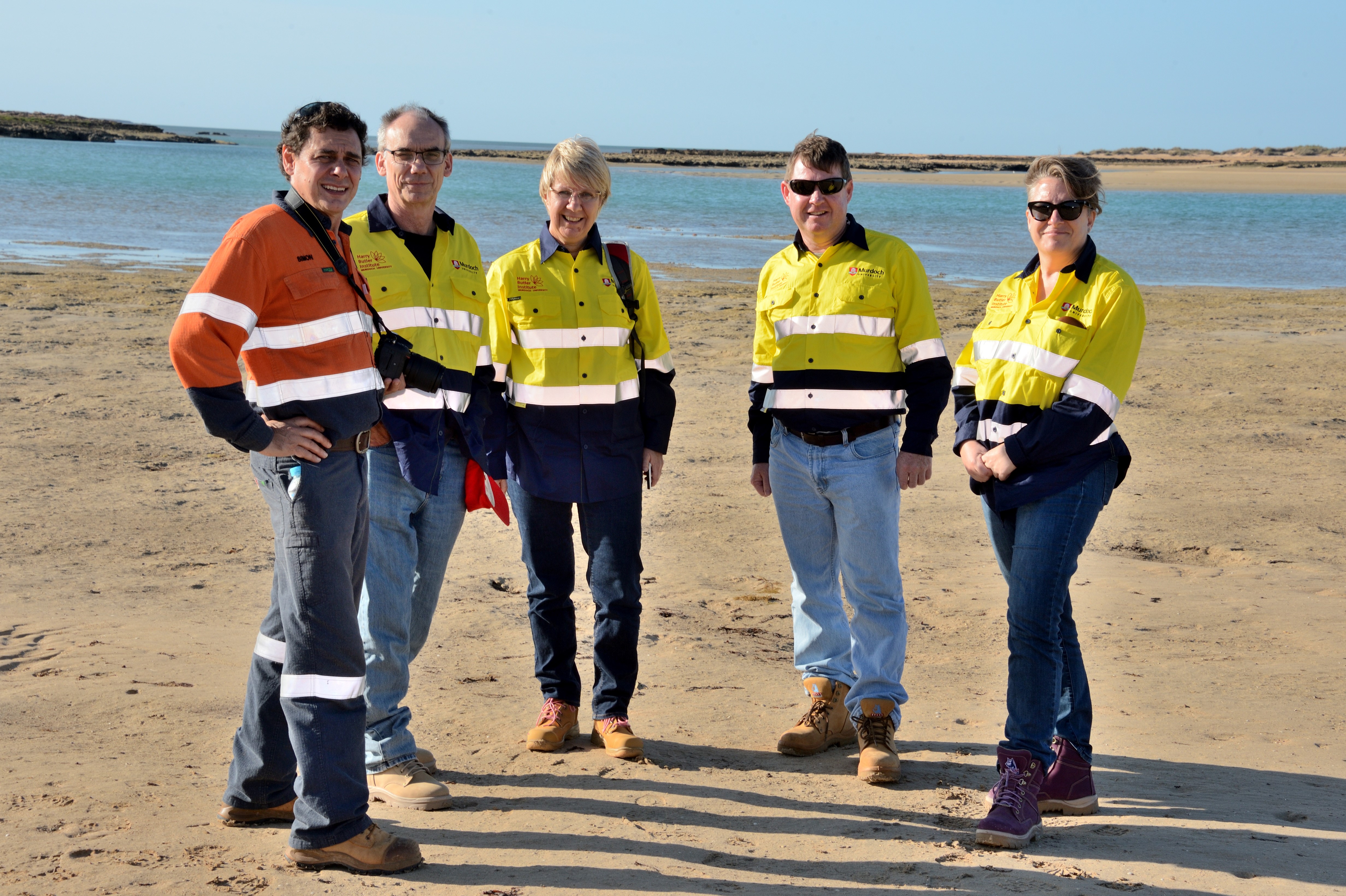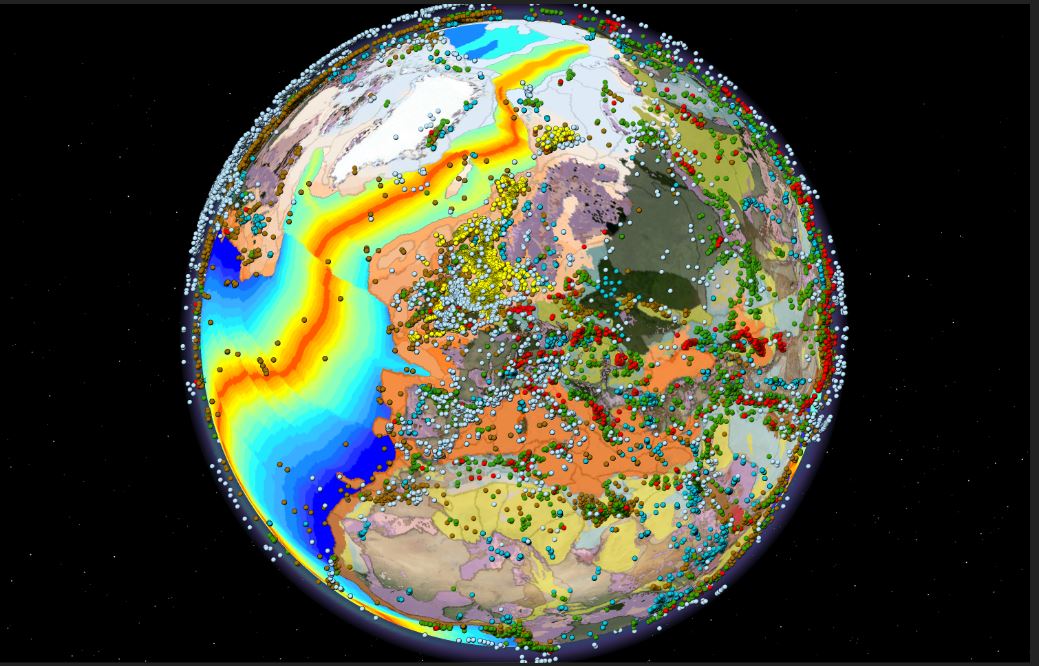CGG GeoConsulting and the Petroleum Corporation of Jamaica (PCJ) have announced the discovery of two independent live oil seeps from different parts of the island of Jamaica. This significant find marks the first documented occurrence of ‘live’, or flowing, oil from onshore Jamaica and will be of particular interest to oil explorationists focused on Central America and the Caribbean.
The oil seeps were found during fieldwork for a recently completed multi-client Robertson Study (Red Book) of the petroleum potential of on- and offshore Jamaica entitled ‘Petroleum Geological Evaluation of Jamaica’ made jointly by CGG GeoConsulting and PCJ. Subsequent detailed geochemical analyses confirmed the oil seeps originate from two separate Cretaceous source rocks.
These results are included within the study, which gives a detailed account of the petroleum geology of this frontier region of the Caribbean. It comprises over 1,300 new geochemical, biostratigraphic and sedimentological analyses of over 800 individual outcrop, well, corehole and seep samples collected from Jamaica.
Jamaica and its offshore basins remain relatively underexplored. Oil or gas shows have been seen in ten of the eleven exploration wells drilled to date. The discovery of these seeps indicates the presence of working petroleum systems on the island that are generating and expelling liquid hydrocarbons to the surface. The Robertson Study offers a valuable tool for oil explorationists to quickly become familiar with the geology of Jamaica and is available for purchase from CGG.
Sophie Zurquiyah, Senior Executive Vice President, Geology, Geophysics & Reservoir, CGG, said: “This exciting discovery of live oil onshore Jamaica, based on our joint study with PCJ, builds a strong case for the island as an attractive region for future oil exploration within the Caribbean. The insights and promising outcome of the study demonstrate the value that CGG’s broad geoscience expertise combined with the integration of field geology, laboratory analyses and seismic interpretation can bring for high-grading frontier regions for future oil exploration.”





